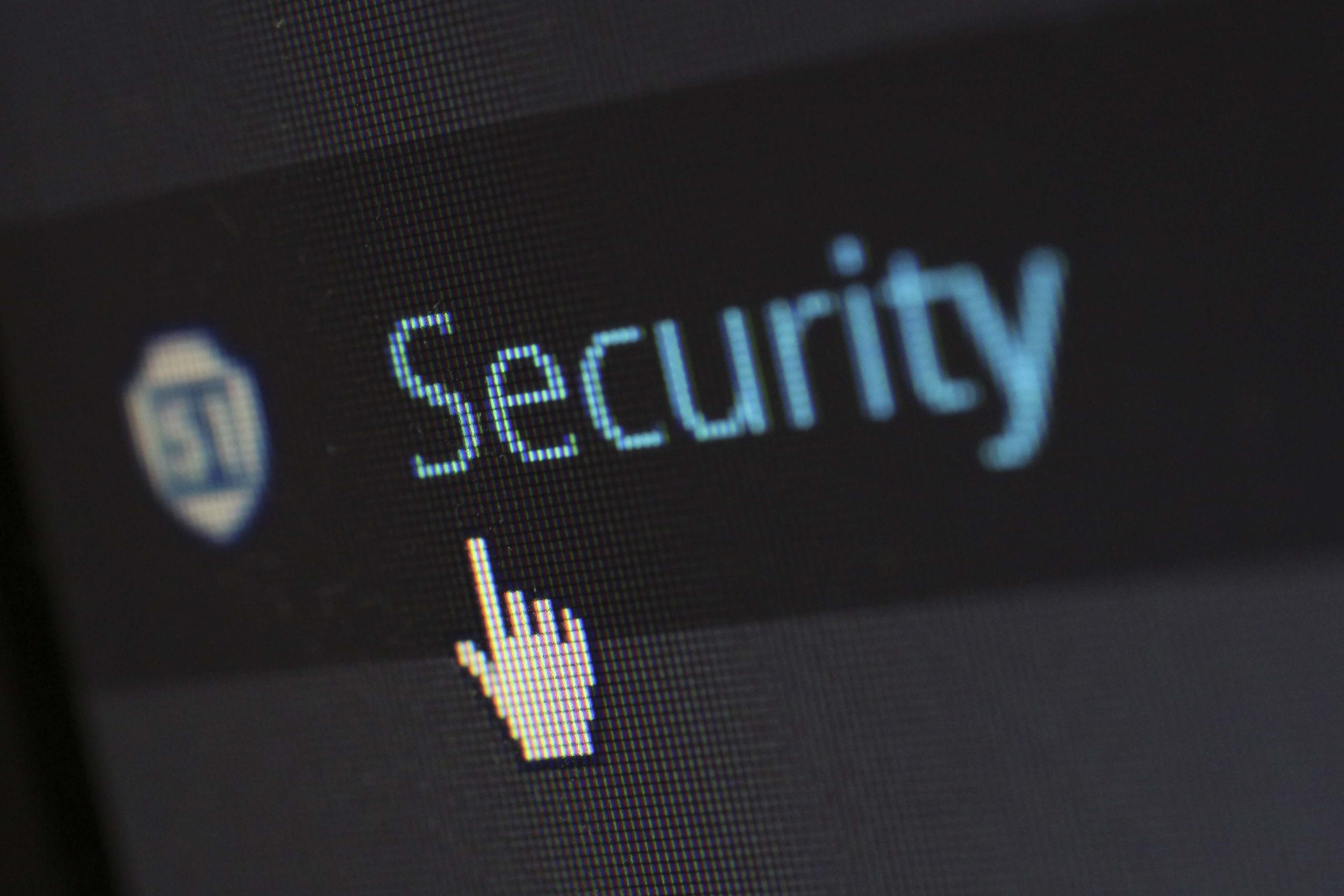As accounting professionals, we’re responsible for the sensitive financial information we process every day. But in a work arrangement with limited IT support, how can we keep our client’s data safe from the malicious intent of cybercriminals?
Let’s get started with these practical data security tips.

Traditional security practices have become harder to implement in both remote and hybrid work arrangements. In its report, Microsoft stated that it’s due to the “wider network made up of home and other private networks and unmanaged assets in the connectivity path.”
Unlike the office-based setup, modern work arrangements allow us to do our jobs from various locations with different internet providers — thus, limiting the IT department’s control over our devices and activities.
Despite this limitation, we’re still capable of protecting our work data. The following section covers more about it.
Data security tips for accounting teams
Online scams, ransomware, phishing, and whaling — these are some of the data security threats we can encounter at work. Falling victim to these attacks can result in financial losses, reputational damage, and even potential lawsuits.
So how can we protect ourselves from such attacks, especially when we’re working in a remote or hybrid setup?
Prevention is always better than cure, a popular saying goes. We must always be a few steps ahead of cybercriminals. That means before they can even target us, we must already have stringent data security practices in place.
Here’s how to start.
-
Increase your awareness of different data security threats
Cyberattacks are getting more sophisticated, and anyone can be a potential victim.
To strengthen our defenses against these attacks, it’s crucial to be familiar with the different types of threats, including the tactics used by cybercriminals.
A lack of awareness can make us easy targets.
Just imagine receiving a seemingly legitimate email from someone who disguises as your trusted contact. Due to the urgency of the message, you clicked a link from the email — only to find out after that your data has been compromised.
When you know the deceptive tactics of cyber criminals, you can stay away from suspicious emails, text messages, and even phone calls.
-
Safeguard your accounts
Making small and incremental changes to your regular habits can have a long-term positive impact on your data security efforts. You can start with these changes:
-
Activate your multi-factor authentication
Identity-based attacks are prominent nowadays. This attack “uses systematic guessing, lists of passwords, dumped credentials from previous breaches or other similar methods to forcibly authenticate to a device or service,” describes Microsoft.
But if you have your multi-factor authentication (MFA) activated, you can stop attackers from accessing your account. How is it possible?
MFA provides a simple yet effective way to secure your accounts and networks. It works by validating your login request with an OTP or PIN sent through text, email, or phone call.
-
Use complex passwords
Weak and common passwords can increase your account’s vulnerability. As we’ve mentioned earlier, attackers use systematic guessing to access enterprise accounts by brute force.
Make sure to use a strong password that’s not easy to guess. It must be over 16 characters consisting of special symbols and random alphanumeric sequences. Since it’s also harder to remember, you can use a secure password manager application to store your login credentials.
-
Regularly update your software
Software updates can include patches that are designed to address security vulnerabilities and improve the product’s security features. By updating your software, you can protect your client’s sensitive data better.
-
Use reliable antivirus software
The use of antivirus software gives you an extra layer of protection against cyberattacks. This software is capable of detecting malicious activities and suspending them right away, which can be an effective way to ward off attackers who use sophisticated tactics.
-
Always back up your files
Serious malware infections like ransomware can lead to a massive loss of data, which can prevent you from working as usual. In such cases, attackers demand a ransom to give back your access.
However, there’s no guarantee that you can regain your access to data when you pay the amount they’re asking for. Worse, it also makes you easy prey for them.
One of the best practices you can do to counter this is to back up your data at all times. This way, you can easily restore the stolen data and minimise the attack’s potential impacts on your operations.
Process your financial data securely
If you need assistance in processing your financial data in a secure environment, our accountants at ABJ Solutions can help. We only use secure software like Xero and Spotlight Reporting to keep our clients’ financial data safe regardless of where we work.


